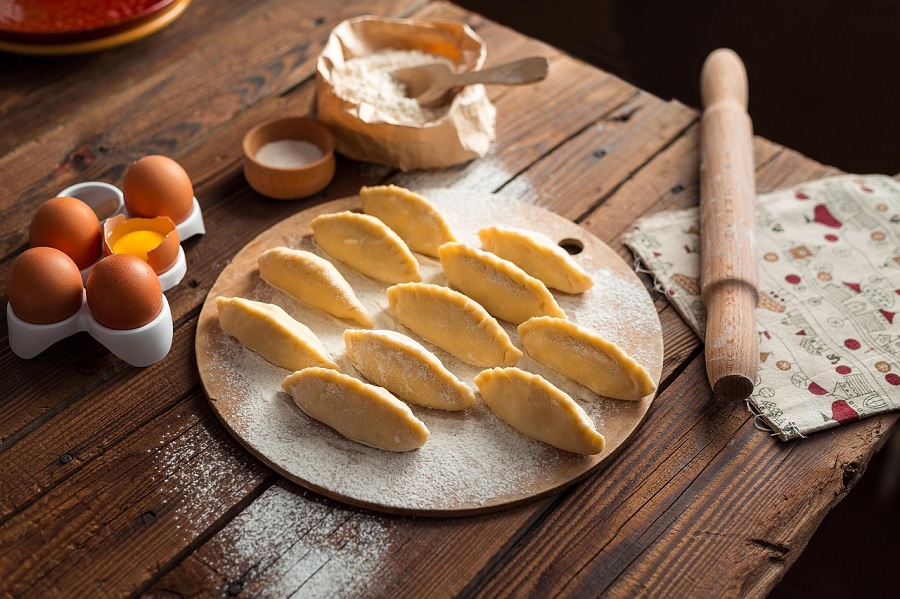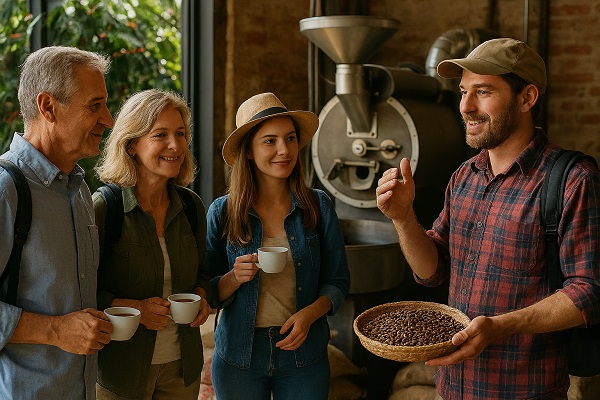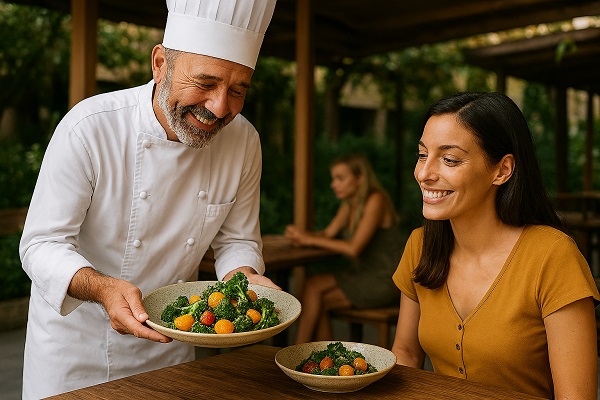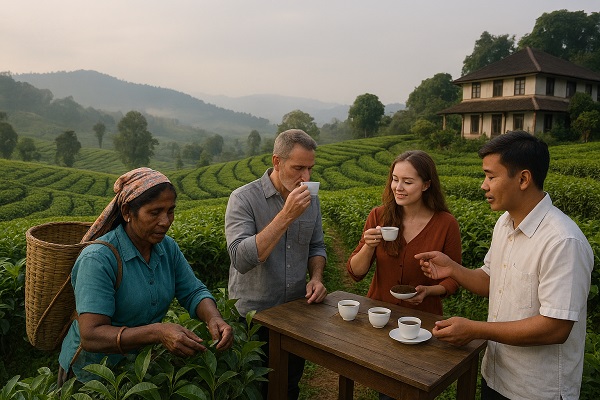Tasting Traditions: Exploring the World Through Eggs, Pies & Vareniki

In the world of travel, food is more than sustenance — it’s an invitation to understand local life, celebrate heritage, and connect with communities. An image featuring boiled eggs, golden pies, and steaming vareniki (Eastern European dumplings) captures the very soul of food and beverage tourism: authenticity served on a plate.
What Is Food and Beverage Tourism?
Food and beverage tourism, also known as culinary tourism, involves exploring destinations through their local dishes, cooking techniques, food rituals, and farm-to-table experiences. It's about tasting history, geography, and tradition — all in one meal.
A Closer Look at the Plate: Eggs, Pies, and Vareniki
Boiled Eggs – A universal staple, often elevated in local traditions. In Slavic cultures, they appear during festive breakfasts or with pickled sides.
Pies – Whether savory meat-filled or sweet with berries, pies are baked stories of homely warmth. Think pirozhki in Russia or empanadas in Spain.
Vareniki – The stars of Ukrainian and Polish kitchens, these dumplings are typically stuffed with potatoes, cheese, cherries, or mushrooms, often served with sour cream and herbs.
This trio on a plate not only fills the stomach — it tells tales of countryside kitchens, grandmothers' hands, and centuries-old customs.
Destinations That Celebrate Such Dishes
Ukraine & Poland – Home of authentic vareniki festivals and culinary masterclasses
Russia – Indulge in hearty egg breakfasts and savory pies at local markets
Georgia – Known for flaky breads, dumpling cousins like khinkali, and rich egg dishes
Eastern Europe Food Tours – Many travel companies now offer dumpling trails, home-cooked feasts, and culinary heritage routes
Why This Image Captures Food Tourism Perfectly
The combination of comfort foods resonates universally
Rustic presentation reflects authenticity over commercial polish
Invites the viewer to taste, touch, and feel the culture — not just see it
How Travelers Are Embracing Food Tourism
Booking cooking classes with locals
Visiting traditional markets and bakeries
Taking part in food festivals and heritage meals
Sharing meals in local homes or agritourism stays
























